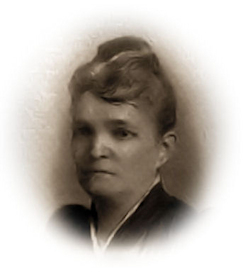June 9, 1863, The Charleston Mercury
(From Blackwood’sMagazine, for January.)
In visiting the headquarters of the Confederate Generals, but particularly those of General Lee, any one accustomed to see European armies in the field cannot fail to be struck with the great absence of all the pomp and circumstance of war in and around their encampments. Lee’s headquarters consisted of about seven or eight pole tents, pitched with their backs to a stake fence, upon a piece of ground so rocky that it was unpleasant to ride over it, its only recommendation being a little stream of good water which flowed close by the General tent. In front of the tents were some three four-wheeled wagons, drawn up without any regularity, and a number of horses roamed loose about the field. The servants, who were of course slaves, and the mounted soldiers, called […..], who always accompany each General of Division in the field, were unprovided with tents, and slept in or under the wagons. Wagons, tents, and some of the horses were marked, U. S., showing that part of that huge debt in the North has gone to furnishing even the Confederate Generals with camp equipments. No guard or sentries were to be seen in the vicinity; no crowd of aids de camp loitering about, making themselves agreeable to visitors, and endeavoring to save their Generals from receiving those who have no particular business. A large farm house stands close by, which, in any other army, would have been the General’s residence pro tem, but, as no liberties are allowed to be taken with personal property in Lee’s army, he is particular in setting a good example himself. His staff are crowded together two or three in a tent; none are allowed to carry more than a small box each, and his own kit is very little larger. Every one who [continue reading…]











